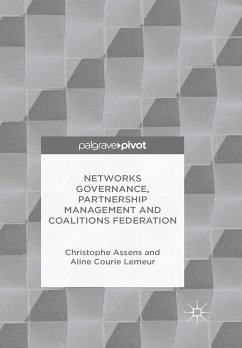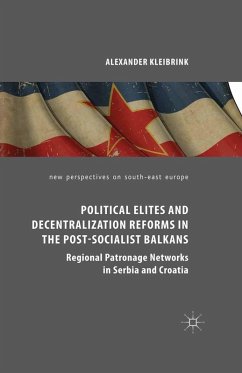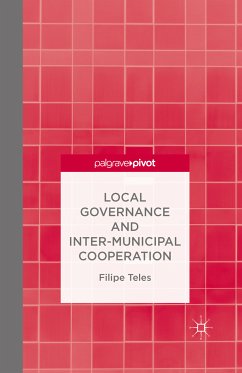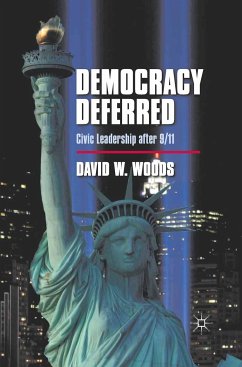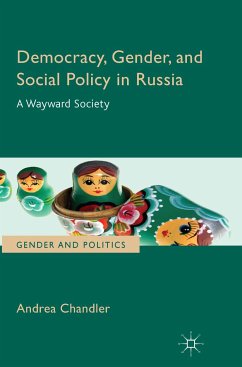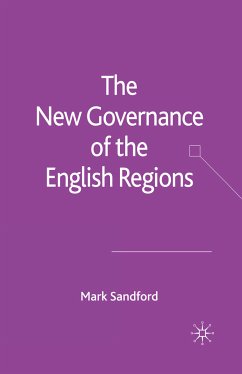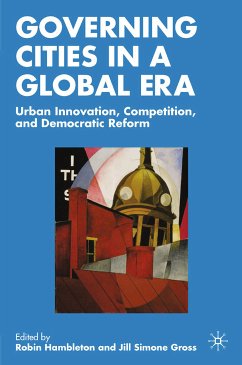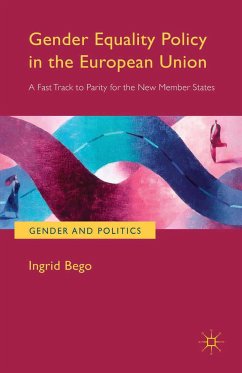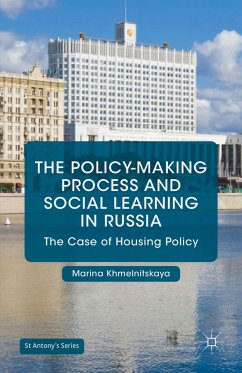
The Policy-Making Process and Social Learning in Russia (eBook, PDF)
The Case of Housing Policy

PAYBACK Punkte
20 °P sammeln!
Centering its study around three explanatory variables - actors, institutions and ideas - this book argues that Russia's hybrid institutional environment reduces the competition of policy ideas, both at the stage of policy elaboration by the community of state and non-state policy experts, and also at the stage of policy adoption by parliament.
Dieser Download kann aus rechtlichen Gründen nur mit Rechnungsadresse in A, B, BG, CY, CZ, D, DK, EW, E, FIN, F, GR, HR, H, IRL, I, LT, L, LR, M, NL, PL, P, R, S, SLO, SK ausgeliefert werden.



